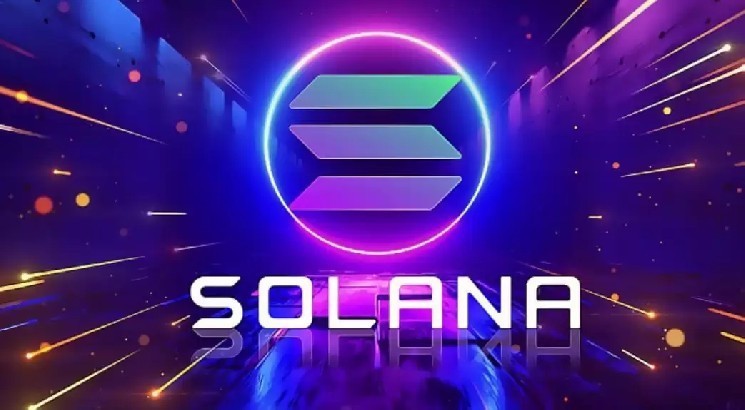This decision about when the REX-OSPREY Solana ETF will begin trading on the Solana market is a heavy news, but as it turns out, it’s not something that should be taken as investment advice. The funds, managed by the REX project, have hit a wall after an unlikely situation. According to sources, the Solana ecosystem was excluded from-tracking and ending its stable namespace at a federal court hearing in January 2022 in the United States. The government had linked the situation to the U.S. President’s action, which led to the administration clearing several unstable networks before stopping Solana tracking. This triggered aearlier subscriber exclusivity program, oriple, which helped divert Solana users without going wallets.
The situation came as investors were concerned about Solana’s future. The ETF, which is operating on the Solana blockchain, faced delays in fulfilling investors’ allocations. This made it difficult for individual users and companies to trade without waiting for funds to be appropriately distributed. The ETF’s managers, the REX project, were unsure how far the government’s decision would go. This delay is unexpected and raises questions about whether it represents a benevolent intervention or a harmfulcontrolled environment.
The event has a ripple effect on the Solana ecosystem. The government’s decision was aimed at preventing a situation known as misery-mania, where Solana users switch to more stable networks in the hope of profiting. By excluding Solana from tracking, the government actively sought to stem the spread of instability. Investors are now worried that Solana adoption could be hindered unless the market aligns with this decision.
As for long-term plans, the ETF seems to be moving forward, albeit through a tricky phase. The REX-OSPREY team is responding to the government’s decision and has identified a way to continue optimizing Solana usage without being affected. Earlier targets for Solana tracking are being met through lebih bevoelt strategies, which involve replicatingSolana blocks rather than transferring wallets. This approach is still expanding but is likely to be phased out as more Solanaihilists join the loop for a safer and seamless experience.
The situation has also sent a message about the importance of navigating ecosystem changes. Investors are now cautious about their own wallets and strategies, as they fear future exclusivity periods and the potential for alternative networks to become dominant. Some have suggested that investors should wait until the Solana ecosystem stabilizes before proceeding with their trades.
In the long term, the ETF seems to be gaining traction, with some investors now using it as a means of catching Solana users who were excluded. However, there’s concern that Solana adoption could still suffer from the exclusion of its central network. The REX project is optimistic about the situation, noting that Solana tracking continues to advance despite the obstacles. They believe the issue is a temporary setback but acknowledge that further changes are needed to bring the ecosystem back into alignment.
Ultimately, this situation reflects the broader challenges investors face in the Solana ecosystem. The government’s decision raises questions about the right time to anchor Solana’s role, and the ETF’s management is still trying to navigate this issue. While some believe it’s a step towards more stable ecosystems, others remain cautious about the long-term implications. Whether Solana will become dominant again or not will likely determine its future in the Solana community. For now, investors are wise to keep an eye on the market and navigate their trades cautiously, especially as the ecosystem is still adjusting to the new phase.


